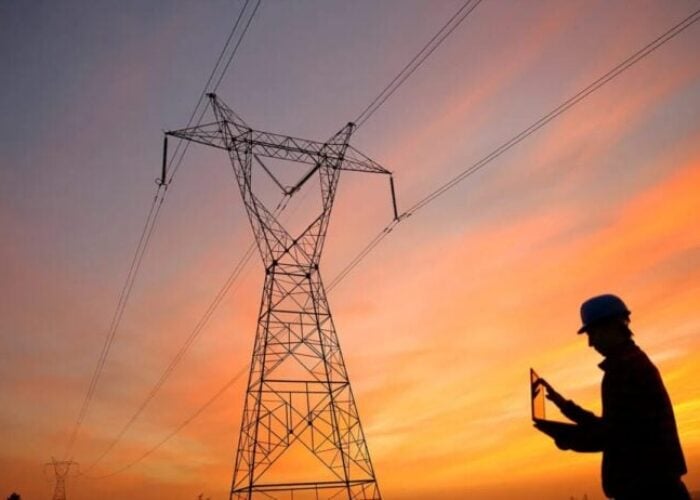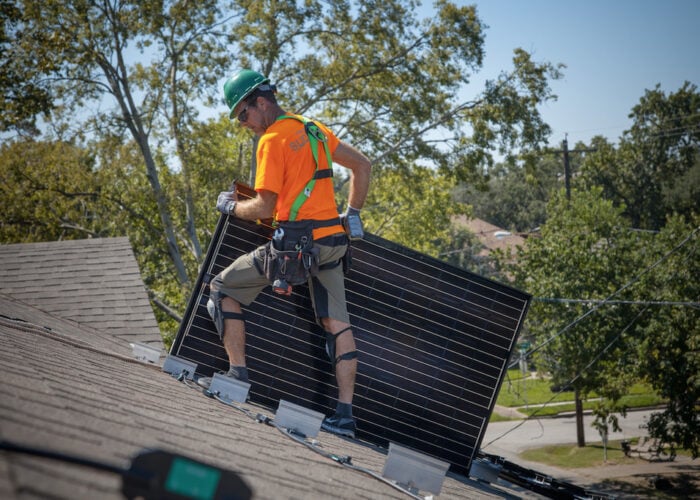The boss of oil company Royal Dutch Shell (Shell) has admitted that solar will one day overtake fossil fuels in the portfolios of mainstream investors, while describing oil as a “very, very volatile business”.
Ben Van Beurden, the company’s chief executive, appeared on the BBC’s Today, a UK-based current affairs radio show on Thursday. During a brief interview in which he said that oil “is a very, very volatile business in terms of supply and demand,” and was asked about controversial plans to drill for oil in the Arctic, Van Beurden said he had no doubt solar would become the “dominant backbone of our energy system”.
Unlock unlimited access for 12 whole months of distinctive global analysis
Photovoltaics International is now included.
- Regular insight and analysis of the industry’s biggest developments
- In-depth interviews with the industry’s leading figures
- Unlimited digital access to the PV Tech Power journal catalogue
- Unlimited digital access to the Photovoltaics International journal catalogue
- Access to more than 1,000 technical papers
- Discounts on Solar Media’s portfolio of events, in-person and virtual
Van Beurden was asked by the interviewer if he foresaw a time when the case for renewables became “overwhelmingly compelling…commercially”.
“In terms of investments, does it make sense to invest in solar electricity as opposed to fossil electricity? Yes, these crossover points we are reaching at this point in time,” Van Beurden said.
“Of course [in] the more sunny parts of the world, we are already there. I have no hesitation to predict that of course in years to come, solar will be the dominant backbone of our energy system, certainly of the electricity system.”
However, he remained bullish that fossil fuels would not lose out for a number of decades. While solar development has accelerated greatly, he said, it still only meets 1% of electricity demand globally and cited predictions that energy use will double in the time it takes for solar to take this leading position.
“In that same period, though, we will see demand for energy double. I do not think solar can grow from the 1% that it is now to become the dominant force, thereby obviating the need for further fossil fuels immediately, but it is going to be a multi-decade transition.”
Meanwhile, he said, his company was attempting to keep debt levels low and stabilised and touted the acquisition of gas company BG Group earlier this year as a matching of the complementary strengths between the two companies.
“It is a very, very volatile business in terms of supply and demand. The oil price responds to very small mismatches between supply and demand… We have to live with that volatility”, he said.
Van Beurden also said plans to drill for oil in the Arctic are still a long way from an exploration decision and would be done in the right way. He said it was unlikely a project would be sanctioned before about 2020, while production would not begin until “nearer 2030”. Shell’s tentative Arctic exploration plans have drawn severe criticisms from environmental groups, including Greenpeace, which demanded that Danish toymaker Lego drop a partnership with the oil giant.







